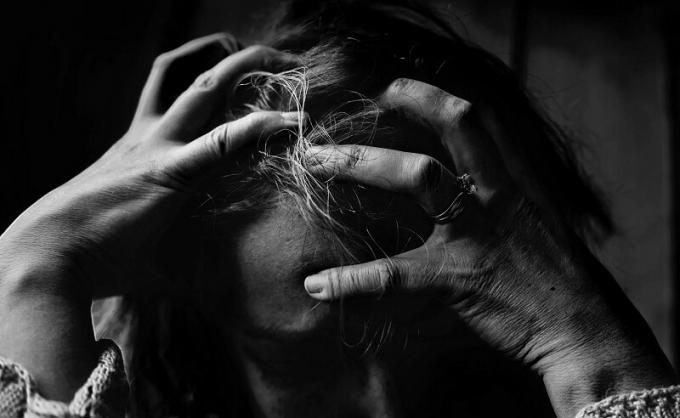Consequences of living traumatic experiences (and their coping)
It could be considered that a traumatic event is generated after adverse specific situations, such as a car accident, natural disasters, the death or illness of a loved one; or by living experiences in an intense and prolonged way over time, such as a period of suffering abuse, interpersonal violence, harassment, etc.
These painful experiences are much more likely to leave a lasting negative emotional wound if the person was not prepared for this experience in the At the time of the incident, she has found herself in a situation of vulnerability and vulnerability, a lot of violence has been used against her, or she has not been able to defend herself adequately, being able then to generate emotional blocks without managing that situation or discomfort in the correct way.
- Related article: "5 Signs of Poor Mental Health You Shouldn't Ignore"
The peculiarities of trauma
As we have anticipated, being exposed to one or more traumatic events without being able to process those situations and feelings of properly, it could trigger maladaptive emotions or symptoms or affective disorders, affecting the well-being and quality of life of the person.
Also, in this situation, it is likely that false beliefs and negative feelings about yourself (unsafety, guilt or shame) or about the environment that surrounds us, developing difficulties when adapting and connecting in a healthy way with others.
There are certain aspects that can be risk or protective factors in the face of trauma, such as:
- Safe, healthy and protective environment.
- Stressors at the time of the traumatic event.
- Effective coping mechanisms.
- Nature of the traumatic event.
- Repetition of the traumatic experience.
- Invalidation or blocking of emotions at the moment of impact.
It is then when faced with these types of difficult situations, emotions can be inhibited or suppressed, which means that an emotional imprint can be generated in the unconscious that can affect throughout life.
- You may be interested in: "Emotional memory: what is it and what is its biological basis?"
The symptomatology of trauma
Many people experience physical, emotional, and cognitive reactions at the time of the traumatic event. But if that memory or discomfort is inhibited or blocked, this symptomatology will develop in the long term leading to negative consequences, such as:
- Intrusive or disturbing thoughts and visions of the event.
- Blockage of certain memories.
- Mood swings and irritability
- Isolation or avoidance of places related to the event.
- Insomnia, change of diet and sleep.
- Exhaustion, extreme tiredness.
- Nervousness, hypervigilance.
- Somatizations: headache and / or gut.
- Sexual dysfunction
- Fear and panic attacks
- Anxiety
- Depression.
- Feeling of guilt and shame.

- Related article: "Clinical and Forensic Implications of Post Traumatic Stress"
Trauma Coping Guidelines
The emotional wound or symptoms that triggers the traumatic experience can accompany us for a long time, making our day to day difficult if it is not identified in time and if they are not taken. steps to learn how to process and manage it properly.
To do this, the ideal is to take into account these coping guidelines:
- Become aware that the wound exists.
- Accept and validate emotions even if they are painful.
- Generate self-care, self-confidence and understanding towards oneself.
- Identify the possible barriers and defense mechanisms acquired to be able to correctly process the painful experience.
- Identify the discomfort and where it comes from, to be able to express it and digest it without fear.
- Develop new coping resources.
- Enhance the resilience.
If even with these guidelines you perceive that the wound or emotional discomfort is still latent and makes it difficult for you to relate and manage your emotions normally, It is recommended that you go to a professional specialized in trauma.
In psychotherapy they will be able to attend and treat any somatization or traumatic symptoms, either in childhood, adolescence or adult life, so that you can develop emotionally, affectively and psychologically in a healthy and effective.
Author: Marta Ballesteros Durán, Health Psychologist at Centro TAP

